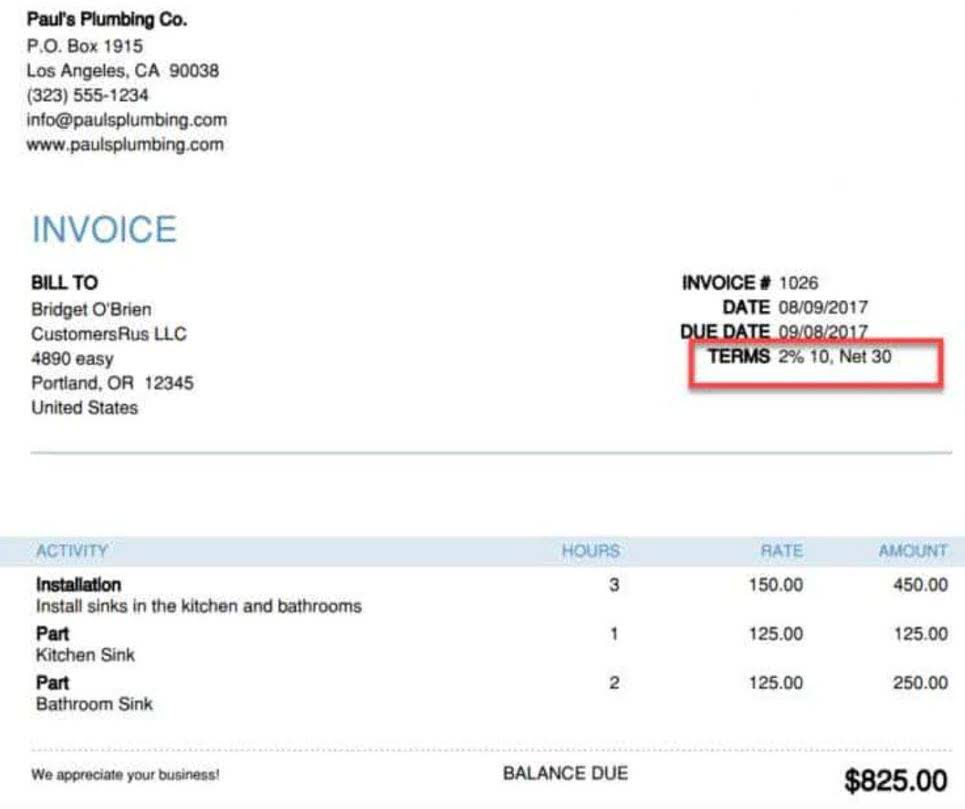Bookkeeping
What Does It Mean To “Close The Books”?
If it’s not, the book cannot be closed, and your accountant or bookkeeper will try to figure out why there’s a discrepancy. Accrual accounting is one of the reasons closing the books is so important. To make a long story short, accrual accounting records transactions before cash changes hands. For example, if you render $1000 worth of services to a client, but they pay their bill 2 weeks later, the $1000 will go into accounts receivable when the services are rendered, not when the bill is paid 2 weeks later.

Miscalculations based on old or inaccurate information in financial statements can raise an organization’s tax bill or even trigger an audit that results in fines. Without regular access to accurate cash flow reports, bills may go unpaid, and you may not be able to meet your loan covenants or worse – meet payroll. Thus, an accountant must not only manage the day-to-day and end-of-year accounting activities, but also perform the month end close process. Naturally, accountants are overworked throughout the year, and accountancy has become a job that is never at rest.
Disparate Systems That Cause Bottlenecks – Struggling to Close Books
First, verify that all customers receiving goods and services in the month have been invoiced. Next, if your accounting system has an Accounts Receivable subledger, confirm that the subledger balance matches the balance reported in the general ledger Balance Sheet and resolve any variances. Dig into any significantly delinquent customer balances and either step up collections efforts or write off as bad debt any amounts that have been unable to be collected. If using a rigorous accrual standard of accounting, review the accrual for bad debt. It’s estimated that organizations can trim two days off of their year-end close by adopting a standard chart of accounts and common financial data definitions. Implementing a universal reference point eliminates the need for guesswork or worse, improvisation.
Automated business processes not only allow standardization of operations but also ensure maintenance of records throughout the year, thereby creating an audit trail. The process of month end accounting close is indeed complicated because it involves various types of information and data that must be consolidated, verified and reconciled. To get the most out of your accounting process, confront common challenges before closing. Be on the lookout for dirty data, deadline pressures, overly complex processes, the difficulties of managing multiple accounts, and the need for compliance. Researchers in 2019 documented a significant correlation between the poor quality of accountants’ work and tight deadlines.
Lock the Books as of the Closing Date
The total number of manual journal entries can be reduced by automating journal entries and eliminating the entries with materiality thresholds (such as avoiding manual entries of amounts below $100). We have completed the first 7 steps, and now we come to the final steps that are all part of the closing process. The quantum of work, its tedious nature, and deadlines can be stressful for accountants and financial professionals.

Experts in the field, especially accountants, advise reconciling your accounts and generating reports every month to help you track your business performance efficiently while keeping your finances updated. You can do all of this and more, with ease, when a cloud accounting software is in place. With over a decade of experience consulting with business owners about their tax issues, Logan has seen almost everything when it comes to tax negotiations with the IRS and state tax authorities. Prior to starting his own tax resolution practice, Logan was in a managerial capacity at a Big 4 professional services firm, handling tax issues for billion-dollar companies. In addition to running Choice Tax Relief, Logan also owns the personal finance blog Money Done Right, which educates thousands of readers a day about making, saving, and investing money.
Closing Expense Accounts
If this sounds confusing, consider reaching out to a professional accountant or bookkeeper to help you close your books. Depending on the structure of your business, you may have a withdrawal or dividend account. Sole Proprietorships and Partnerships have drawing accounts to record withdrawals made by the closing process is sometimes referred to as closing the books. the owner or partners. To close the drawing account, you must credit drawing and debit capital. Lean on tools like unified financial platforms and outsourced bookkeepers to develop this process and leave more time for your team to attend to the important, innovative tasks your startup is known for.
System administrators can override or unlock this feature if a change really does need to be made to an accounting period. An automation tool for month end closing builds a unified platform where all stakeholders can work in tandem and complete the month end close checklist developed by the company. The month end close process involves the recording, review, and reporting of the financial transactions that have happened in the period since the last close in the previous month.
